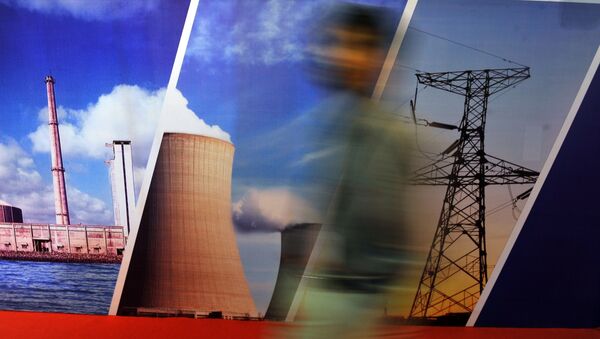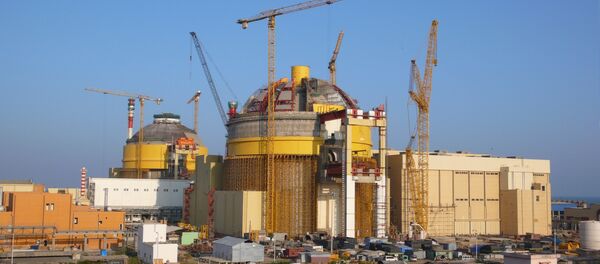The civilian nuclear deal was signed by Japanese Prime Minister Shinzo Abe and his Indian counterpart Narendra Modi last November during the latter's visit in 2016 and set to take effect in early July. But the deal has come under severe criticism from opposition lawmakers as well as anti-nuclear activists.
Legislators from the opposition Democratic Party and the Japanese Communist Party have raised the issue of India not signing either the nuclear Non-Proliferation Treaty (NPT) or the Comprehensive Nuclear Test Ban Treaty. Abe's ruling Liberal Democratic Party and Komeito favoured the deal with India.
Abe has been pitching for strong ties with India and allowing Japanese companies to export non-military nuclear technology. The India-Japan civilian nuclear cooperation agreement will let Japanese firms supply nuclear materials, equipment and technologies to India for "peaceful and non-explosive purposes." The firms may also provide support services for designing, building and operating reactors.
Indian experts said the deal is good for India-Japan ties, but will take years to reach the level of cooperation India and Russia enjoy in the nuclear power sector.
"It is good that the Japanese Diet has passed it, and we should not ignore the debate in parliament where a sizeable number of opposition lawmakers criticized their government's stance. But, let's not hope that the deal would be an overnight success or create a nuclear renaissance. It may take years to see fully functional projects on the ground. Within Japan, there is still stiff opposition to the nuclear deal with India, due to anti-nuclear activism as well as the Fukushima effect. Also, many Japanese companies own or have joint venture with western companies like Westinghouse, GE, Areva and facing crisis," K.V. Kesavan, Distinguished Fellow at the Observer Research Foundation, New Delhi, told Sputnik.
India has signed nuclear deals with multiple countries, including the US, France, and most importantly Russia, with whom several nuclear reactors are already functional at the Kudankulam plants.
During his meeting with Russian President Vladimir Putin in St Petersburg recently, PM Modi signed another agreement for construction of the third stage of the Kudankulam Nuclear Power Plants (NPP) — Units V and VI. Civil nuclear cooperation remains an important aspect of India-Russia relationship and the Kudankulam NPP is a flagship project between the two countries. Russia will be building at least 12 power units in India.
"India-Russia nuclear cooperation is thriving as it is a no-strings attached relationship. Russian nuclear power companies are not facing a similar crisis as its western or Japanese counterparts," Kesavan said.






